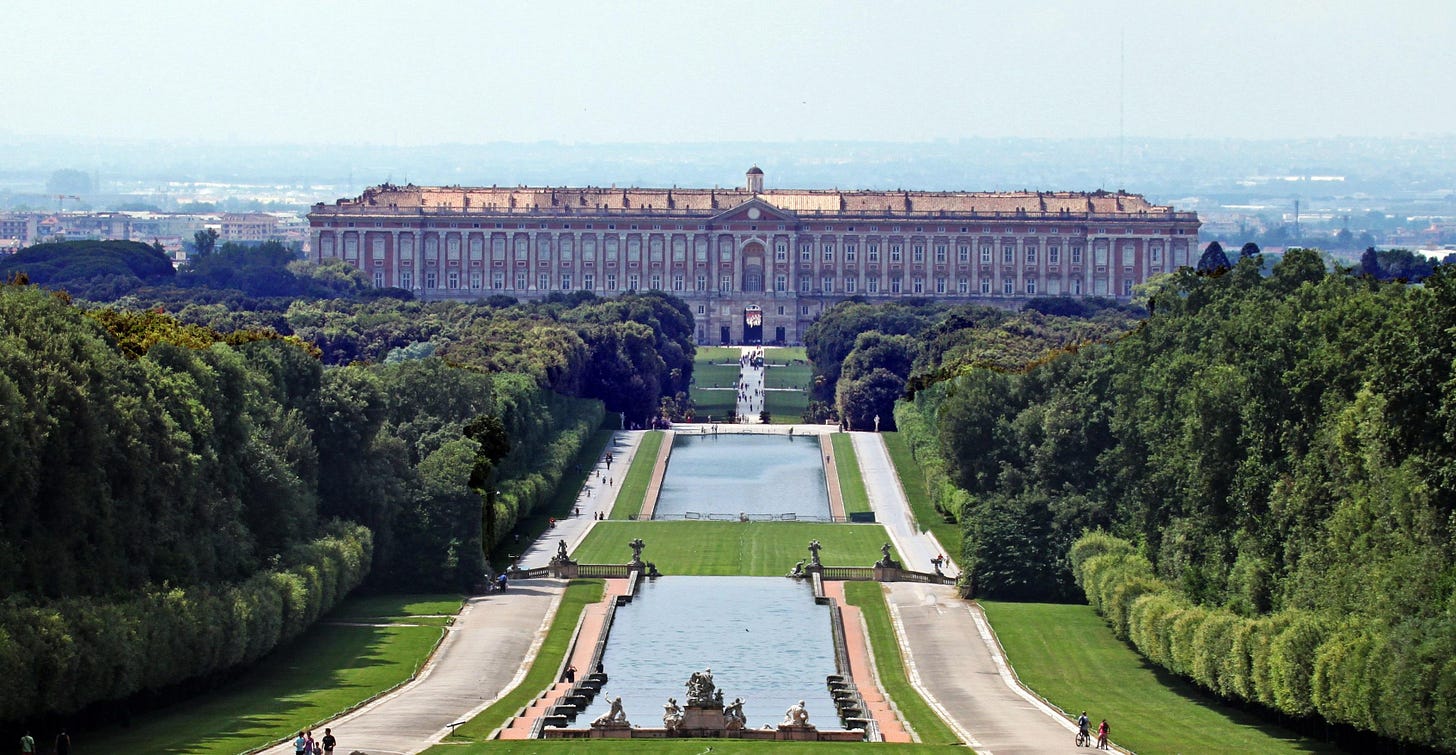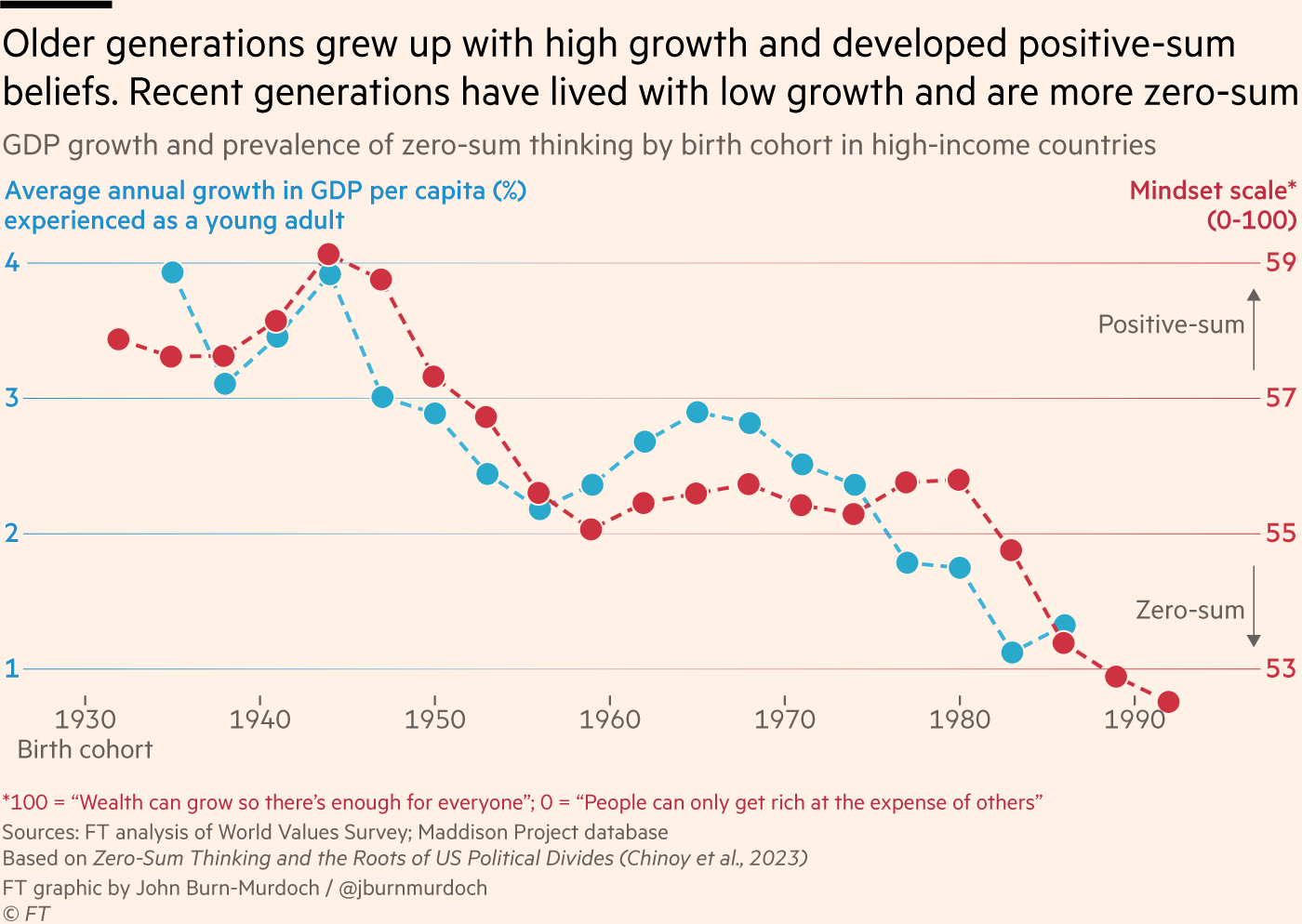Quality of life
That's what people say they want when they make a major change—what they mean is to re-connect with value and each other.

If you ever wanted to claim your free essay on me, this part of the series for supporters—longer essays contain additional notes, references, synthesis, and lessons—is it. I get granular with specifics on the value of the humanities to reconnect with reality is related to the concept of ‘narrative fallacy,’ so was the previous one on mistakes and failure.
We constantly seek to improve, it’s a human thing. It may not be obvious to us, but that’s what we do most of the time.
Why do you think people up and leave their families and friends and risk their lives to face hardship, incredible odds, and social strife? Quality of life. It’s the human desire to improve our odds that prompts us to move to another city, state, country.
To uproot oneself is not easy, I know it in first person. Even in the best of circumstances when it’s a ‘want,’ rather than ‘have to.’ Generations of humans behind us dreamed and worked hard for a better future for their children—us.
And what do we do? We poo-poo history, literature, philosophy, even religion—all the things they created to prepare the ground and till the soil for civilization. Instead, we worship at the altar of technology at the exclusion of what made us who we are.
Improving humanity is not a technology problem.
We’ve been set up. Tech titans see us only as cash machines for their business model. And the most vulnerable among us—young adults—see no way out of a system with perverse incentives. There’s evidence1 that millennials are more prone to zero-sum thinking.

When we divorce ourselves from what makes us human—our ability to reason, talk, find inspiration, compare things, worship, even govern—we become more pessimistic. The evidence is all over culture. Quality and value go out the window.
Leaders of large tech platforms traded it all in for thirty pieces of silver.
But we can change the current trajectory, shift the narrative.
An engineer, a programmer, a technologist can experiment and develop what makes things easier, accessible, faster. The humanist is the one to investigate past and present assumptions for building or creating it—why it’s there in the first place.
We need both—engineers and humanists. Yet, technologists seem to have taken over everything. From the cars to the homes to what we read, how we find things, even who we friend—and turned most of it from more to less.
If you’ve felt that the world has tipped over on its side as of late, it’s because we’re stacking humanity’s odds in favor of the technologists, financiers, accountants, and engineers. Left brains are running the show and things have gotten way out of balance.
The value of humanities is doubted because of fear of disagreement, anxiety over argument, and dread of proper questions. Even scientists, when pressed, would find it hard to explain why number theory applies to the real world more than writing.
Let’s face it, we’re not used to being on the spot anymore.
We’re not used to ‘being’ much at all. Children who start life with hundreds of ‘why’ questions quickly turn into teenagers who can’t bear the thought of making a mistake who entrench into adults with strong beliefs tightly held.




